AACR19 Preview of Cancer Immunotherapy Sessions – Part 1
We’re starting our review of the program for the forthcoming 2019 annual meeting of the American Association for Cancer Research (Twitter hashtag to follow: #AACR19) with a look at the cancer immunotherapy program.
One of the challenges of a large meeting is that it’s like a smorgasbord or buffet in a hotel that’s resplendent in choices, but you can’t possibly eat it all.

Choices!
Some choose to follow a research area, others a target or tumor type. There’s a lot of ways to segment the program depending on your specific interests.
However, it’s a good idea to have a plan in place ahead of a large conference such as AACR, even if you modify it as you go to take into account evolving needs.
Seasoned conference goers will be familiar with the maxim known as “the law of two feet” – if a session you are in doesn’t live up to expectations or meet your needs and something else looks more to your taste from the tweets, then simply dash off to another!
In our latest conference preview, we’ve taken a careful look at the cancer immunotherapy track.
What are some of the key sessions to put on your calendar if you’re following this track or have an interest in this area?
In Part 1, we review the IO sessions from Friday to Sunday then tomorrow in Part 2, we’ll review the schedule from Monday to Wednesday. Yes, it’s that intense this year! Just think, five years ago you had to search the program really quite hard indeed to even find much on immuno-oncology, as it was very much in its infancy then.
If you’d like to read more about our latest cancer conference preview, subscribers can log-in to read our latest thought leader interview or you can click to gain access to BSB Premium Content.
This content is restricted to subscribers

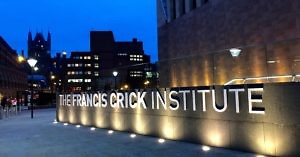 The Francis Crick Institute in London has an admirable program of engagement with the public and external researchers.
The Francis Crick Institute in London has an admirable program of engagement with the public and external researchers.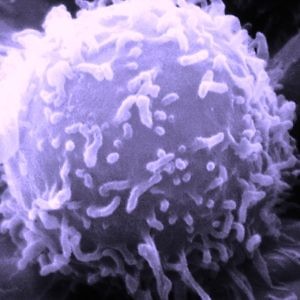
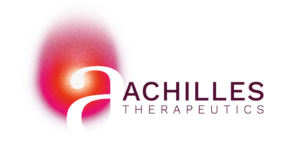 If you have an interest in neoantigen based cancer treatments, however, then a company on the horizon that we’re excited about is Achilles Therapeutics.
If you have an interest in neoantigen based cancer treatments, however, then a company on the horizon that we’re excited about is Achilles Therapeutics.
 There’s also a much wider range of novel immunotherapy approaches being evaluated such as checkpoints, CARs and vaccines with respect to both T and NK cell therapies. There are also a few other immune cells being targeted for developmental therapeutics.
There’s also a much wider range of novel immunotherapy approaches being evaluated such as checkpoints, CARs and vaccines with respect to both T and NK cell therapies. There are also a few other immune cells being targeted for developmental therapeutics.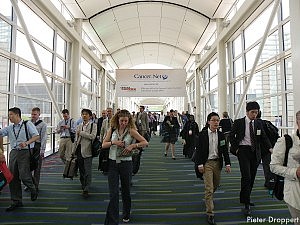
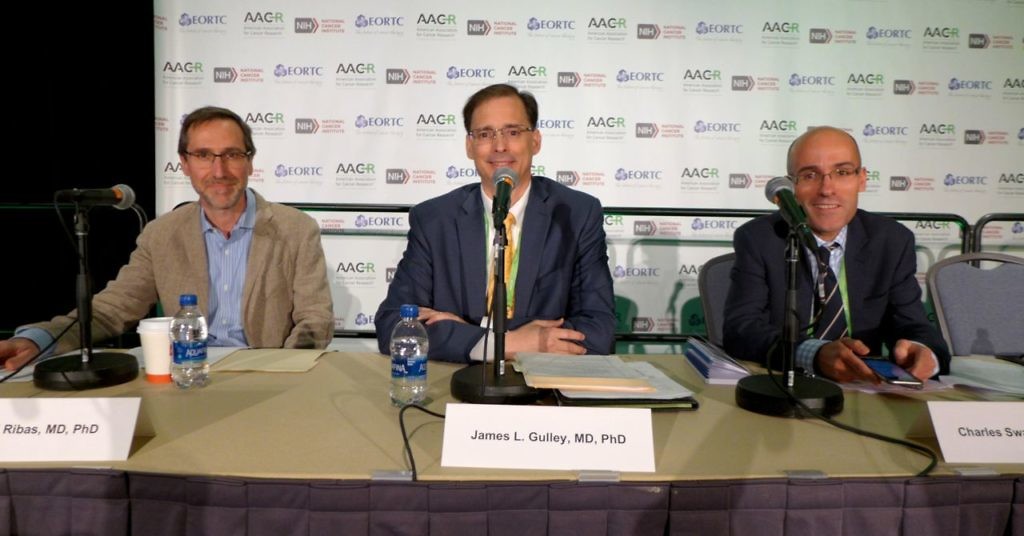
 At a recent cancer conference we heard an uplifting talk from a research group who are attempting to tackle this issue and offer some pointers on where there may be some near-term opportunities that are worthy of discussion.
At a recent cancer conference we heard an uplifting talk from a research group who are attempting to tackle this issue and offer some pointers on where there may be some near-term opportunities that are worthy of discussion.